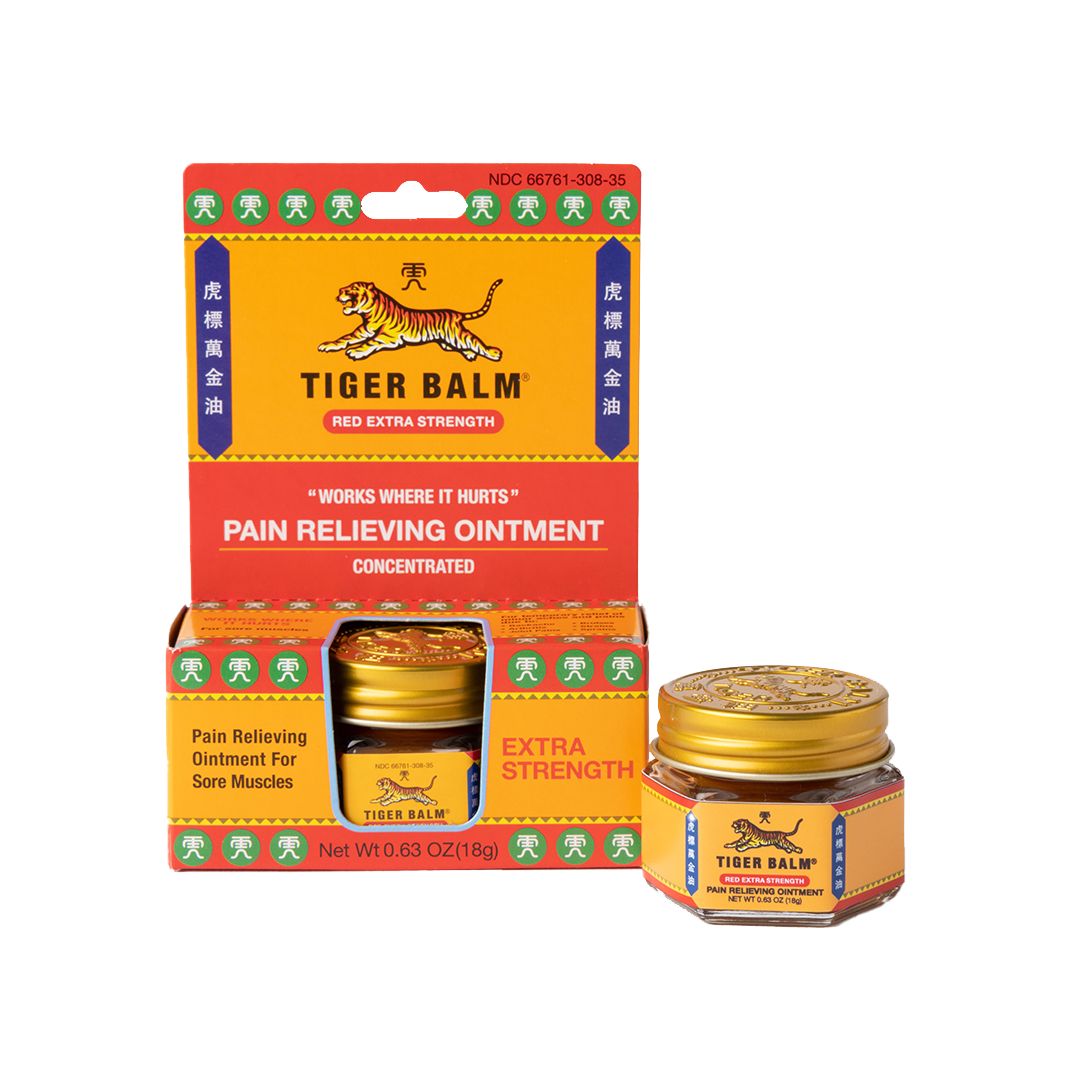Trump’s Tariffs Put the Hurt on Tiger Balm
By Najla Zaidi | 04 Jun, 2025
President Trump's tariffs on Chinese goods, including Tiger Balm, have increased the cost of importing the product into the US.
Tiger Balm, a globally renowned pain-relieving balm, has a single Chinese factory and one distributor for the U.S., making it especially vulnerable to the current tariff standoff. A 0.63-ounce jar normally sells for about $8, but its sole American distributor, Prince of Peace Enterprises, based in Livermore, California, says retail prices could soon shoot up if President Trump raises tariffs on Chinese imports back up to as high as 145% following the current interim level that keeps most Chinese import tariffs in the 30-35% range.
Prince of Peace supplies Tiger Balm to chains like CVS and Walmart as well as local pharmacies, selling more than $30 million worth in the U.S annually. The company has continued to place orders and has so far absorbed rising tariff costs, said Matthew Chin, CEO of Prince of Peace. As a result so far he has seen no change in US demand . The challenge is that big box retailers often require price changes to be announced 90 days in advance, Chin added.
As of now Prince of Peace is facing an estimated $3 million to $5 million in additional tariff costs this year for Tiger Balm products. “If Walmart, for example, won’t make an exception for the price increase due to tariffs, that means as the seller we would have to eat the difference,” he said. To the extent tariffs are meant to stimulate sourcing from US manufacturs, it's senseless as there are no US-made alternatives to traditional Chinese medicine.
Specialty goods like Tiger Balm and ginseng don’t compete with U.S. manufacturing and jobs says Yan Liang, a professor of economics at Willamette University in Oregon. Rather, they create jobs and revenue in the service sector. “Distributors may have to absorb some of the rising costs, so prices don’t have to rise too much to deter consumers,” Liang said. “In both scenarios, these small Chinese American distributors are being squeezed.”
Tiger Balm has a rich history rooted in traditional Chinese herbal medicine. Its origins can be traced back to the 1870s when Chinese herbalist Aw Chu Kin, developed a special ointment, "Ban Kin Yu" (or "Ten Thousand Golden Oil"), to alleviate aches and pains. More recently, the golden ointment has found international appeal, earning endorsement from onetime NBA sensation Jeremy Lin and international star Lady Gaga.
The damaging trade war between the U.S. and China is crushing American businesses that import popular global products for which there are no clear substitutes. The costs of tariffs generally are suffered not by exporters but by U.S. consumers and distributors per a 2019 report conducted by the National Bureau of Economic Research.
New tariffs on China affect about 13% of U.S. imports and may cost consumers up to $25 billion annually, per a report from the economics research nonprofit American Action Forum. In 2018 Trump imposed up to 25% tariffs on a list of Chinese imported goods, including many food products. Even after accounting for tariff revenue and gains to domestic producers, the report said the U.S. lost an estimated $7.2 billion in real income in 2018.
Trump has advocated for aggressive tariff policy to reduce the U.S. trade deficit with China, which was $295.4 billion in 2024, despite consensus by economists that tariffs are unsuccessful in addressing it. Trump insists the new tariffs, which is affecting Chinese imports that were worth $430 billion in 2024, according to the Tax Foundation, are purportedly to pressure China into cracking down on factories that produce chemicals used to make fentanyl reaching the U.S.
China responded with retaliatory tariffs up to 15% on U.S. goods worth about $21 billion annually, including coal, natural gas and pickup trucks, which took effect Feb. 10. In a statement opposing Trump’s latest threat, the Chinese Ministry of Commerce said it would take all necessary countermeasures to defend its interests.
“This is a bipartisan thing more than a Trump thing,” said Alan Sykes, a Stanford University law professor and international trade expert. “It’s a sense that China is an adversary economically and that without protection from Chinese competition, important U.S. industries would be imperiled.”
Yet, the less substitutable a foreign import is, Sykes said, the more likely the cost gets passed on to consumers.
Chin, also president of the Oriental Food Association, said they are preparing a letter urging Trump’s trade representative, Jamieson Greer, to exempt goods that have no domestic alternatives.
“Together, these tariffs create a disproportionate burden on both consumers and small businesses, particularly those serving immigrant communities,” said Chin, whose association represents more than 40 Bay Area importers, distributors and wholesalers of Asian products. Chin said his company will hold off raising prices through at least August. “We try to be the last ones to raise the prices, when, truly, there’s no other option,” he said.
Prince of Peace is facing an estimated $3 million to $5 million in additional tariff costs this year for Tiger Balm products.

Asian American Success Stories
- The 130 Most Inspiring Asian Americans of All Time
- 12 Most Brilliant Asian Americans
- Greatest Asian American War Heroes
- Asian American Digital Pioneers
- New Asian American Imagemakers
- Asian American Innovators
- The 20 Most Inspiring Asian Sports Stars
- 5 Most Daring Asian Americans
- Surprising Superstars
- TV’s Hottest Asians
- 100 Greatest Asian American Entrepreneurs
- Asian American Wonder Women
- Greatest Asian American Rags-to-Riches Stories
- Notable Asian American Professionals

